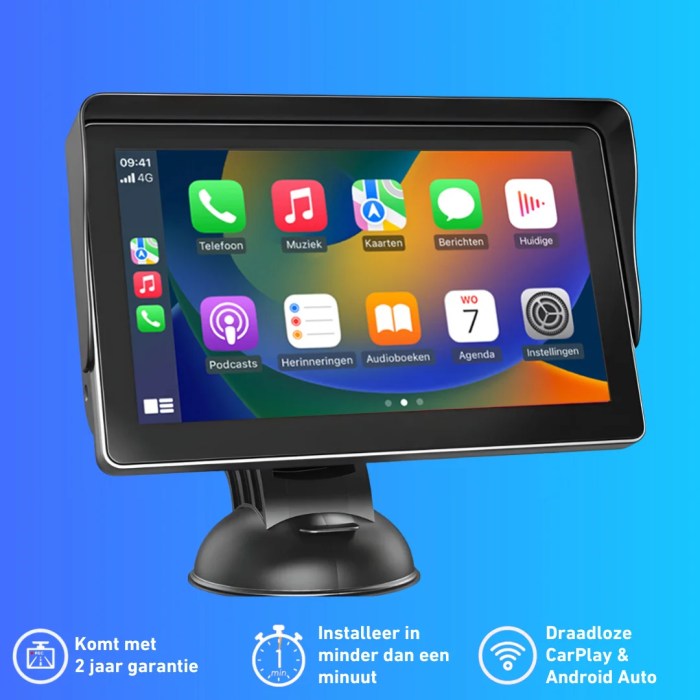Game engine development is a complex and highly technical field that requires specialized knowledge and expertise. Developing a game engine requires a deep understanding of various programming languages, as well as an understanding of game design and development principles. In this article, we will explore some of the essential tools and techniques used in game engine development.
What is Game Engine Development?
Game engine development is the process of creating software frameworks or engines that can be used to build video games. A game engine is a complex software system that provides game developers with a set of tools and APIs to create video games. These tools and APIs include graphics rendering, physics simulation, audio processing, user input handling, artificial intelligence, scripting languages, and more.
1) Programming languages
One of the most critical tools for game engine development is the programming language. Game engines can be developed in several programming languages, including C++, C#, and Python. C++ is a popular choice for game engine development because of its speed and performance.
It is also highly customizable, making it suitable for creating complex game engines. C# is another popular language for satta matka game online development because it is easy to learn and use. It is also highly compatible with other Microsoft technologies. Python is an increasingly popular language for game engine development because of its simplicity and flexibility.
2) Game engines and SDKs
Game engines and software development kits (SDKs) are essential tools for game engine development. Game engines provide a framework for developing games, while SDKs provide developers with tools and libraries that they can use to build specific features into their game engines.
Some popular game engines include Unity, Unreal Engine, and CryEngine. These game engines provide developers with a range of tools and features that they can use to create games for various platforms, including mobile devices, consoles, and desktops.
3) Graphics APIs
Graphics APIs, such as OpenGL and DirectX, are critical tools for game engine development. These APIs provide developers with a way to communicate with the graphics hardware of a computer or device. Graphics APIs allow developers to create complex visual effects, including lighting, shadows, and reflections. They also provide tools for creating 3D models, animations, and textures.
4) Audio APIs
Audio APIs, such as OpenAL and FMOD, are essential tools for game engine development. These APIs provide developers with a way to create and manipulate audio within their game engines. Audio APIs allow developers to add sound effects, music, and dialogue to their games. They also provide tools for spatial audio, which can make a game more immersive and realistic.
5) Physics engines
Physics engines, such as Havok and PhysX, are tools that simulate the physical behavior of objects in a game. These engines allow developers to create realistic physics-based interactions between objects in a game, such as collisions, gravity, and friction.
Physics engines are essential for creating realistic simulations in games, such as satta matka game app, sm matka, sports games, and action games.
6) Artificial intelligence
Artificial intelligence (AI) is an increasingly important tool in game engine development. AI can be used to create intelligent non-player characters (NPCs) that interact with the player in a realistic way.
AI can also be used to create intelligent game systems that adapt to the player’s actions and provide a challenging and engaging experience. Some popular AI tools for game engine development include Behavior Trees and Finite State Machines.
7) Version control
Version control is a critical tool for game engine development. Version control software, such as Git and SVN, allows developers to track changes to their game engine code and collaborate with other developers on a project.
Version control software provides a way to revert changes if a mistake is made, and it also allows developers to work on different features of a game engine simultaneously.
8) Debugging and profiling tools
Debugging and profiling tools are essential for game engine development. These tools allow developers to identify and fix bugs in their code, as well as optimize the performance of their game engine. Some popular debugging and profiling tools include Visual Studio, Intel VTune, and PIX.
9) Asset creation tools
Asset creation tools are essential for satta matka games engine development. These tools allow developers to create 3D models, animations, textures, and other assets for their games. Some popular asset creation tools include Blender, Maya, and 3ds Max. These tools allow developers to create high-quality assets that can be imported into their game engines.
10) Testing tools
Testing tools are essential for game engine development. These tools allow developers to test their game engines for bugs and performance issues.
Some popular testing tools include Unity Test Runner and Unreal Engine’s Automated Testing Framework. These tools provide developers with a way to test their game engines on different platforms and devices, ensuring that their games run smoothly and efficiently.
Conclusion:
Game engine development is a complex and highly technical field that requires a range of tools and techniques. Programming languages, game engines and SDKs, graphics and audio APIs, physics engines, AI, version control, debugging and profiling tools, asset creation tools, testing tools, documentation tools, collaborative tools, and CI/CD tools are all essential for game engine development.
Read More: Essential Skills and Best Practices Game Development









